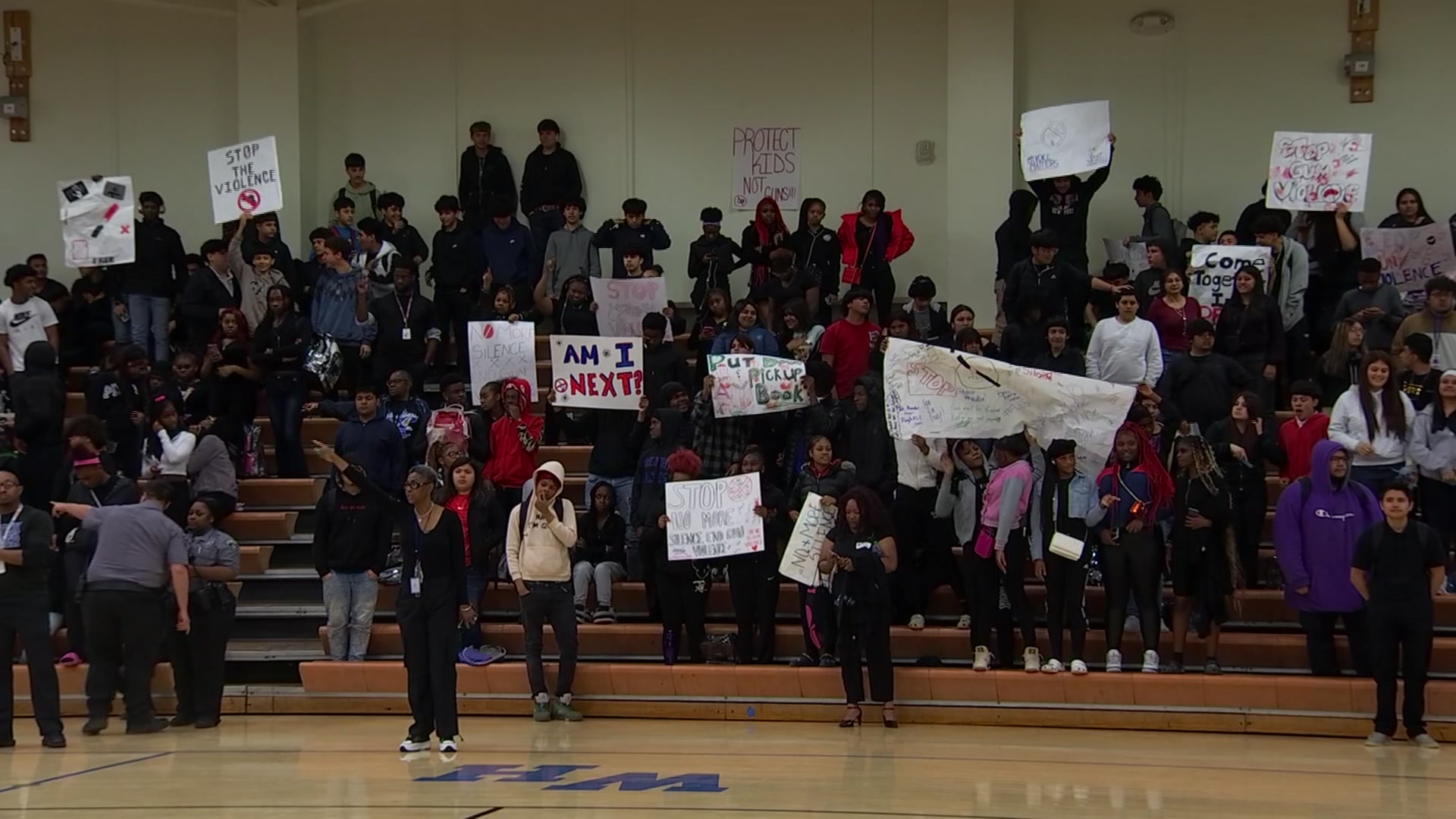With its pages opened to the musings of Hamlet, visitors to Texas A&M University now have the opportunity to see a nearly 400-year-old printing of Shakespeare's works.
After months of anticipation, the university unveiled the traveling "First Folio! The Book that Gave Us Shakespeare" exhibit Tuesday at a special opening night event. After attending the first in a nearly monthlong slate of events, several visitors filed into the exhibit, patiently awaiting their turn to get a closer look at the printing of the Bard's stories.
The Eagle newspaper reports the exhibit's stay in the J. Wayne Stark Galleries in the Memorial Student Center will mark its only stop in the Lone Star State.
The exhibit is sponsored by the Folger Shakespeare Library and the Cincinnati Museum Center as it makes its way to all 50 states, Washington, D.C., and Puerto Rico in 2016 for the 400th anniversary of the writer's death.
Kevin O'Sullivan, instructional assistant professor and curator of modern literature at Texas A&M's Cushing Memorial Library and Archives, said securing the prestigious opportunity to host the exhibit in Texas is an honor he does not take lightly.
"I think it is a real vote of confidence, a showing of support for the place that Texas A&M has in the humanities and the arts in Texas," O'Sullivan said. "I'm just overjoyed to be able to share that with not only the Texas A&M community, but also with people from throughout the entire state."
In a lecture preceding the opening reception, Laura Estill -- assistant professor of English at Texas A&M University and editor of the World Shakespeare Bibliography -- explained the first printing of the folio included Shakespeare's dramatic works and none of his poetry.
Local
The latest news from around North Texas.
Estill also detailed the history that surrounded the historic printing of the "First Folios," as well as the impact that followed as Shakespeare's name grew to become a brand of sorts that drew wide interest.
"The Shakespeare on display here in (MSC) is worth millions and that shows that we value stories, the exploration of ideas and humanist inquiry," Estill said during the closing of her lecture.
"Shakespeare's works themselves, 400 years after his death, are certainly worth celebrating. Here in Bryan-College Station we're participating in a national and international celebration."
For those who do not feel a strong connection to Shakespeare or his works, O'Sullivan said he hopes the broad range of events that will be available in association with the exhibit will be enough to draw in visitors.
"A lot of times, I think, there is an impression that Shakespeare is a little bit difficult to penetrate, whether it's the language, the sort of heady themes or -- most often -- the fact that most folks encounter it in high school when they're being forced to memorize it," O'Sullivan said. He noted however Shakespeare's works have "such a central role in our culture generally" that while some may have never read them, they have almost certainly been exposed to multiple items that have been clearly influenced.
"You know the phrase, `to be or not to be,' or you have seen `The Lion King,' which is adapted from (Hamlet)," O'Sullivan said. "That's where our programming really comes into play, because it supplements (the material) and hopefully makes it approachable to all audiences."
In addition to getting people involved in the activities that are specifically related to the Shakespeare exhibit, O'Sullivan said he hopes the events will also give community members a better idea of the opportunities the university has to offer year-round.
"I hope that (the exhibit and surrounding events) point to the opportunities that are always here at Texas A&M, whether that is in our academic departments or our programs at Cushing Library and here at the Stark Galleries," O'Sullivan said. "I hope it encourages folks to dig a little bit deeper after the folio has gone to continue this celebration with us."
The "First Folio" on display at Texas A&M is one of only 233 known surviving copies -- 82 of which are housed in the Folger Shakespeare Library in Washington, D.C. -- of the earliest printed collection of Shakespeare's works from 1623.
The folio includes 18 plays, including "Macbeth," "The Tempest," "Julius Caesar" and "Hamlet."
In addition to the folio, the exhibit also includes local events, panels and digital content.
The exhibit will be on display in the MSC through April 3.



